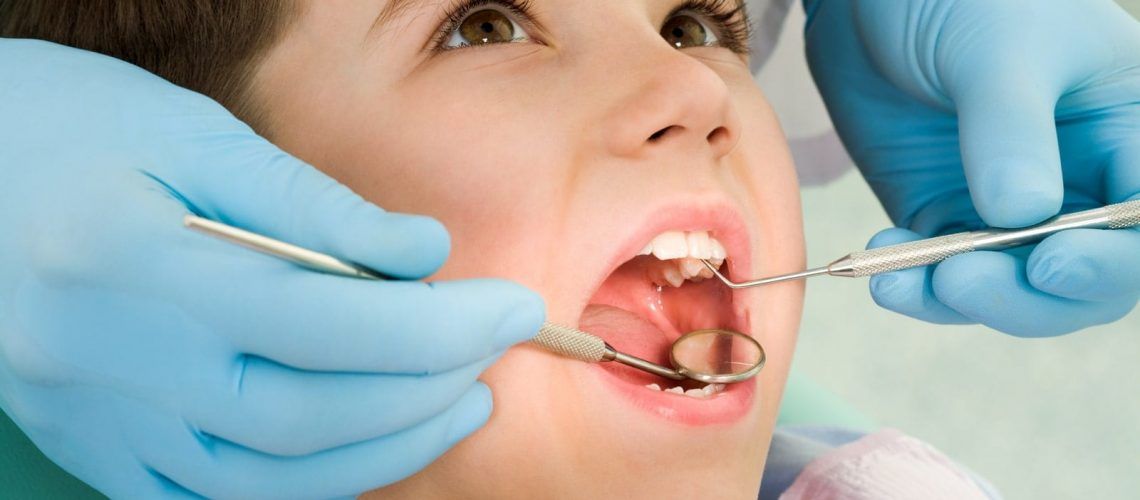Sugary foods and poor hygiene are often the usual reasons for cavities; reinforcing good oral hygiene and limiting their sugar intake can help prevent cavities from developing and help protect children’s teeth. According to the CDC, only 13% of children today have at least one untreated cavity. With this low of a percentage, it presents some exciting news for family and pediatric dentists caring for children’s teeth. Our dedication towards caring for children’s teeth, however, goes beyond the preventative measures. As dentists, we have to consider all factors into play when observing children’s dental health. Cavity development, despite its normal reasons for occurrence, can sometimes be a significant problem among families. Even those who reinforce good hygiene habits can still suffer from cavities, and mold infestations could be a potential reason.
How Black Molds Causes Tooth Decay in Children
Mold infestations in homes are quite common, as over 300,000 species of fungi infest homes yearly in the US. Mold often infects the respiratory system and needs to be removed to prevent further irritation and infestation from occurring. Black mold, however, is a rarer but more potent fungus from the Stachybotrys chartarum strand. This strand can cause severe respiratory and sinus reactions when it spreads. According to FEMA, this fungi spreads and develops in these ways:
- Black mold causes respiratory and nasal problems from the mycotoxins it produces. These spores typically infest areas water-damaged and can typically be found in walls, basements, and attics.
- When these spores travel along the nasal passageways, it irritates the sinuses because of its highly porous nature, getting caught within the microscopic hairs and mucus membranes, irritating the sinuses. Through this constant irritation, coughing, sneezing, wheezing, and headaches occur more frequently.
Because of the long term effects of these spores, the coughing, sneezing, and wheezing fits can lead to dry mouth. Dry mouth is the absence of saliva, and because saliva is a crucial element towards keeping the teeth and gums healthy, it prevents the mouth from being able to wash away the bacteria and plaque buildup along with the teeth and gums, which increases the risk of cavities.
How We Treat Dry Mouth in Children
When present in children, dry mouth can have a drastic, negative impact on your child’s oral health; making sure your child drinks water, encouraging the use of straws for adequate water intake, and avoiding sugary drinks can help alleviate these symptoms. If your home has black mold or any other form of mold present, it’s essential to follow the FEMA guidelines on removing mold and keeping your home free from moisture and infestation. If your child’s dry mouth has been because of mold, then our dentists can provide help by providing cleanings, recommendations, and treatments that can help improve your child’s oral health and help treat their dry mouth symptoms. Scheduling an appointment with your dentist can improve your child’s quality of life and help them have healthy teeth throughout their life.

